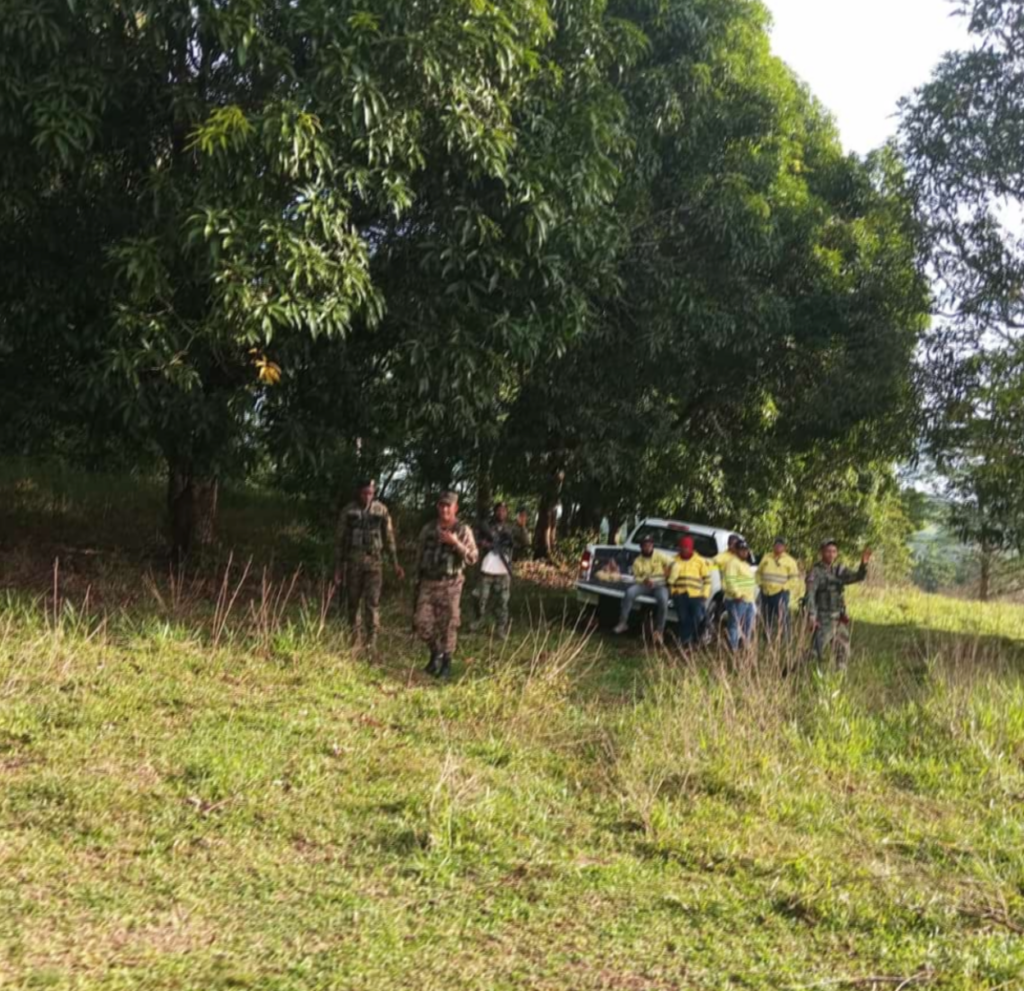|
Getting your Trinity Audio player ready...
|
Guest blog by María Alejandra Torres García
After nearly a year of no news regarding Barrick Gold’s proposed expansion project to create a second tailings dam at Pueblo Viejo Mine in the Dominican Republic, Barrick Gold returns, and this time with force. Building a new tailings dam would require the involuntary relocation of people living in the area.
On November 16, 2024, Juana Barceló, Barrick Pueblo Viejo’s president, sent a letter to a leader of the Communities Resettlement Commission, copying the Dominican Minister of Energy and Mines. In it, Barceló invites the leader to a negotiation meeting from November 25th to the 27th. The company claims to want to find a “collaborative solution” for “the residence and compensation matrix complaints” but that the meeting would be “the last and definitive opportunity to discuss and find solutions.” Barceló further requests that the blocking of the public road be lifted, and in “reciprocating good faith, Pueblo Viejo commits to not carry out any studies in the communities before or during the meeting.”
The letter begins by emphasizing Barrick Pueblo Viejo’s commitment to a transparent, just, and participatory resettlement for the new tailings dam and concludes with its commitment to international standards and open dialogue.

The six communities comprising hundreds of families at risk of relocation are Arroyo Vuelta, Las Lajas, Tres Bocas, Dos Palmas, La Placeta, and La Jagua Mocha. Members of these communities are meeting Barrick’s militarized force with sustained resistance.
Since November 4, 2024, these communities have set up protest camps in three locations to prevent several pieces of heavy equipment operated by Barrick employees from entering the area under threat. According to eyewitnesses, hundreds of National Guard soldiers and police officers have accompanied Barrick’s equipment to protect it from harm in a never-before-seen move. The equipment includes small trucks, Caterpillar machinery, and commercial trucks with supplies.
In one community member’s video—shared widely on WhatsApp—multiple armed soldiers, including a commanding officer, are seen yanking a man’s shirt collar to push him to the side of the road when he attempted to block a truck’s passage. In addition, some Barrick Gold employees from the local communities who have challenged the company claim to have been fired without explanation.
On November 6, 2024, five members of the Communities Resettlement Commission spoke with Belkys González, the Community Engagement and Development Manager at Barrick Pueblo Viejo. The Commission demanded that the machinery be removed immediately. However, González could not respond to the matter and did not offer a date by which she would get back to them.
The protestors say that soldiers with Barrick’s machinery’s appearance violates the agreement that Barrick Gold and the communities made before the World Bank. Barrick Gold cannot bring heavy equipment into the area until relocation negotiations are concluded. An adequate relocation agreement would provide for all affected families to be relocated to new houses on sufficient land for agricultural production.
These agricultural communities want Barrick Gold to adhere to World Bank relocation standards. For example, “[t]he rate of compensation for lost assets must be calculated at full replacement cost, that is, the market value of the assets plus transaction costs.” The six communities particularly denounce two elements of Barrick’s conditions: the number of families that would be resettled and the compensation for their crops, especially cacao, their main subsistence source. They maintain that over 100 families have been left out of the resettlement plans. And they want to be paid market price for their cacao crops––Barrick is offering a little over 1,100 Dominican pesos (about $18 USD) per cacao tree when the going yearly rate for cacao pods from a tree is around 1,800 (about $30 USD).
The six communities have thus far opposed Barrick’s negotiation conditions. They suspect Barrick’s militarized response is an intimidation tactic to force them to accept the conditions. Communities have yet to see whether Barrick Gold will adhere to its commitments in the November 16th letter for a just relocation process.
